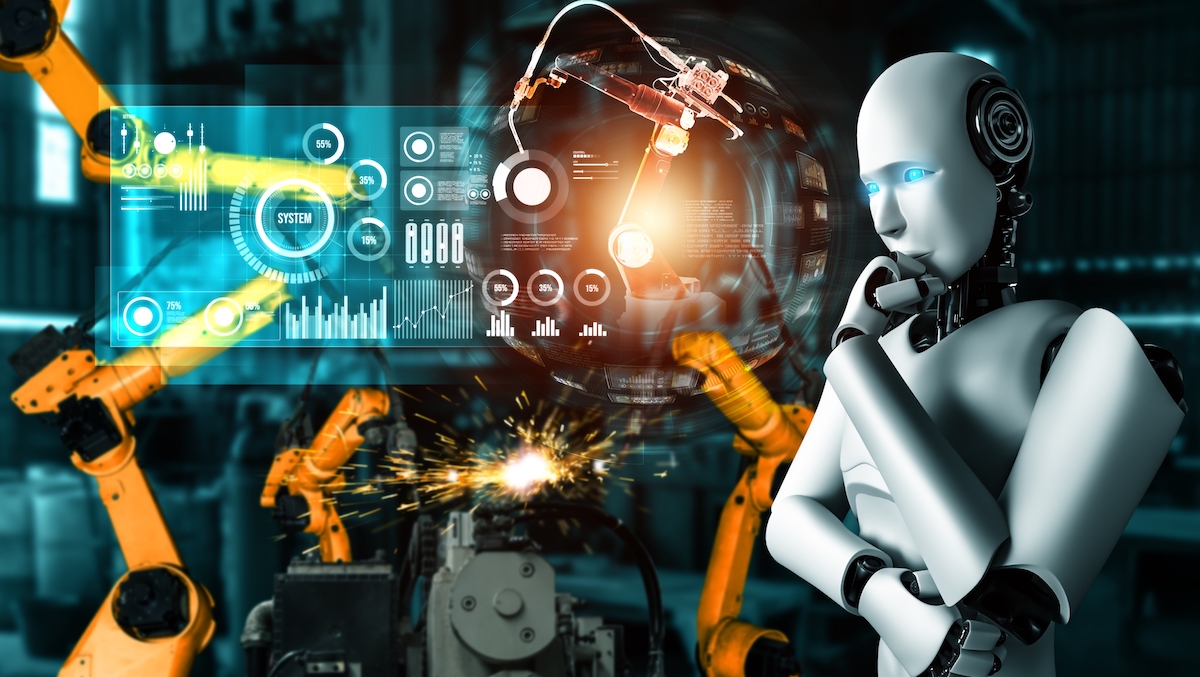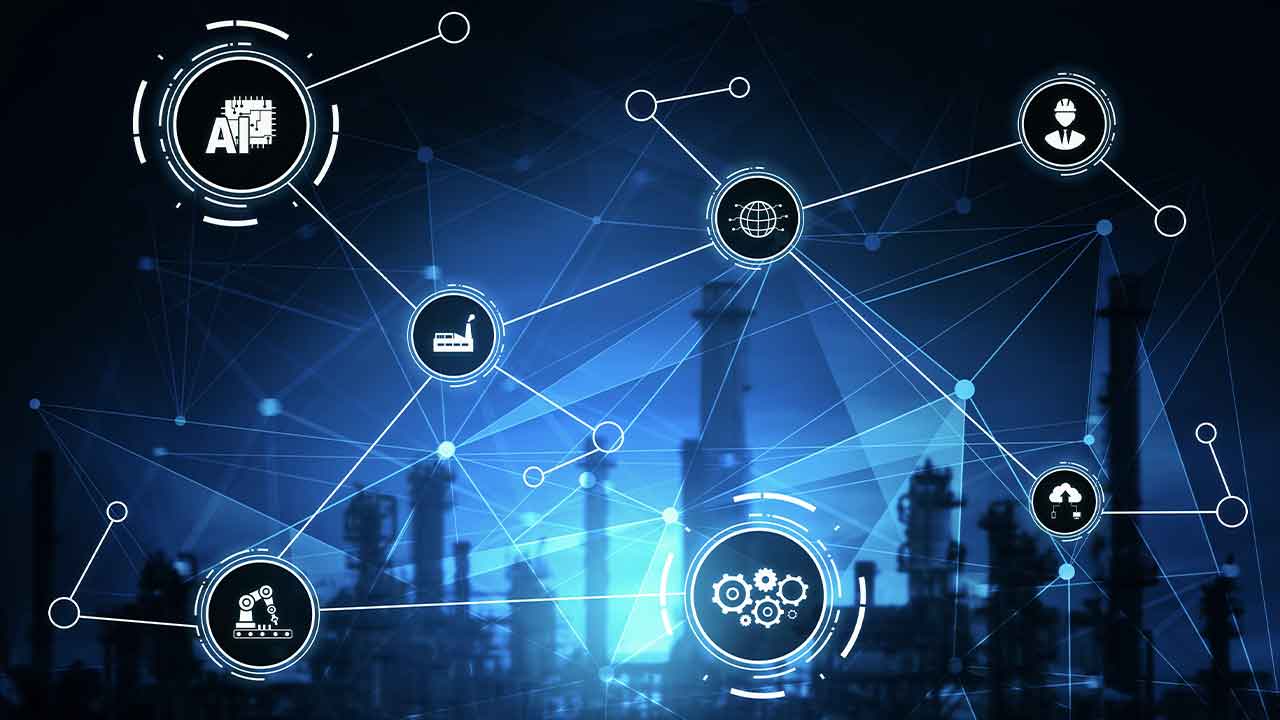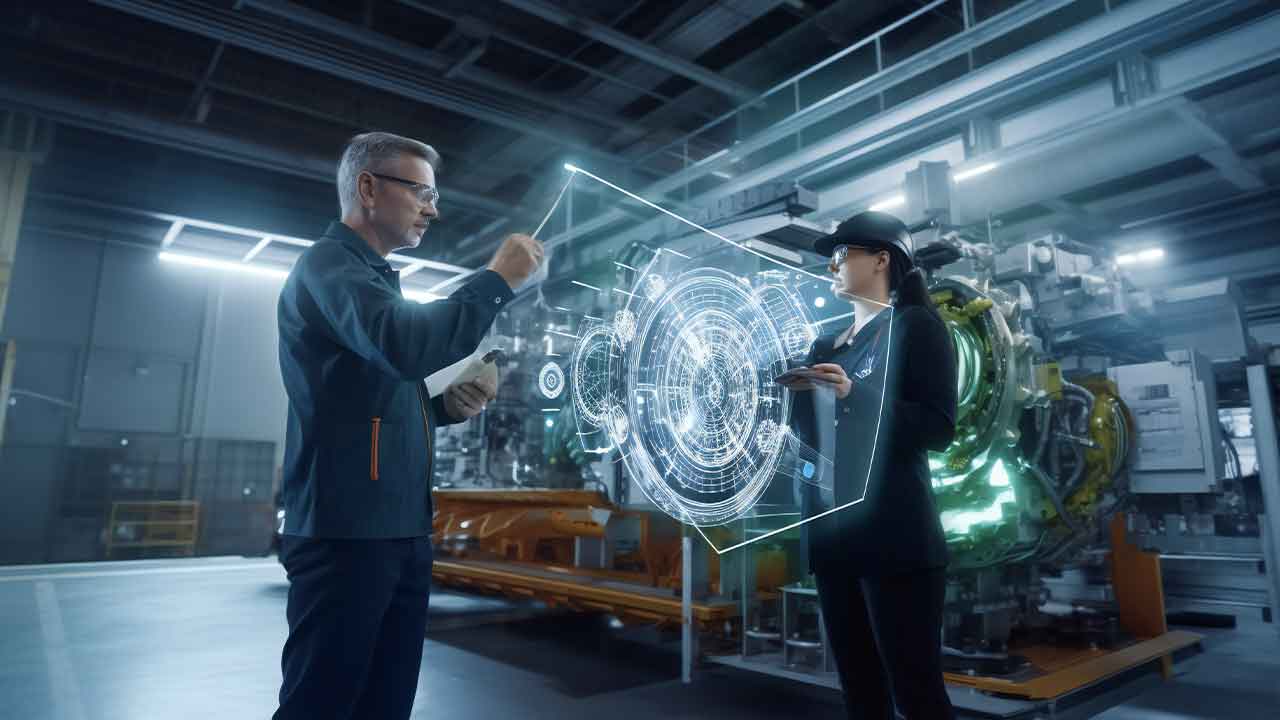The Role of Artificial Intelligence in Driving Innovation and Transformation in the Industrial Sector
Artificial intelligence (AI) is a hot topic that is transforming industries across the globe. Many believe that by 2030, there will be two types of companies: those that embrace AI and those that don’t. Our co-founder, Lucian Fogoros, recently had the opportunity to speak with Jürgen Weichenberger, the Head of AI at Schneider Electric, to gain insights into how AI is evolving within the industrial sector and the verticals that Schneider Electric covers.
In the industrial sector, there has been a clear shift from reactive and condition-based approaches to proactive control with the help of AI. Traditionally, companies would react to outcomes and try to improve their processes based on past data. However, this reactive approach often leads to lost value, wasted resources, and increased carbon emissions. AI plays a crucial role in changing this mindset from reactive to proactive by enabling real-time monitoring of factory operations and comparing them to the ideal state under given constraints.
One key aspect that many companies overlook is the need to look beyond the factory walls and consider external factors that can impact their operations. For example, in the food and beverage industry, factors such as weather conditions can affect the quality of the final product. This is where AI comes into play, helping to optimize operations by considering both internal and external factors in real-time.
Schneider Electric operates in various industry segments, and all of them have recognized the need for AI adoption. However, different segments have different levels of familiarity with AI. Cloud and service providers are more accustomed to AI and are quick to adopt it, while more traditional industries may require a different approach and language to understand the value of AI.
Schneider Electric uses AI internally to drive operational efficiency and customer satisfaction. For example, they use chatbots and variations of GPT (Generative Pre-trained Transformer) to handle customer requests, which has resulted in faster response times and improved customer experience. Rather than replacing jobs, AI has enabled the company to shift resources from repetitive tasks to more meaningful and valuable activities, creating a win-win situation for both employees and customers.
AI is playing a pivotal role in driving innovation and transformation in the industrial sector. It is shifting companies from reactive to proactive approaches, optimizing operations by considering internal and external factors, and improving customer experience. Leadership commitment and responsibility are crucial in driving AI adoption, and companies can learn from the experiences of early adopters like Schneider Electric to accelerate their own AI journey. As we move towards the future, AI will continue to revolutionize industries, and companies that embrace it will be better positioned for success in the digital age.
This blog post was created based on the script of the video with the assistance of https://chat.openai.com/.



